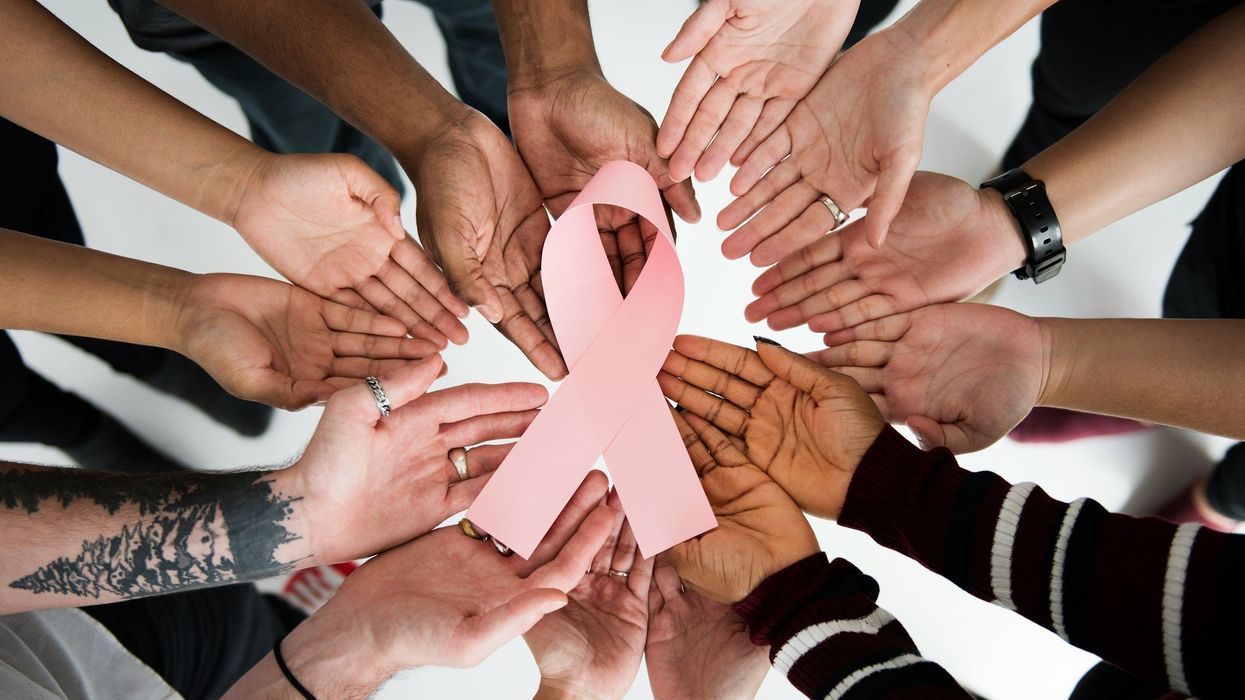
A strong global plastic treaty would not only protect the environment but reduce worldwide breast cancer rates, according to a new analysis from the Silent Spring Institute.
The analysis, published last week in Environmental Science & Technology Letters, comes as countries failed to reach an agreement Sunday to reduce plastic pollution at the fifth UN Intergovernmental Negotiating Committee (INC-5) meeting in Busan, South Korea.
More than 100 countries wanted to limit plastic production, while oil-producing nations wanted the treaty to focus on waste.
“We recognize the multidimensional importance of the UN Treaty to reduce plastic pollution,” the authors of the new breast cancer analysis wrote. “Here we argue that the treaty could specifically have a major impact on reducing breast cancer globally. We encourage scientists and policymakers involved in this effort to prioritize potential breast carcinogens to decrease the burden of cancers.”
The new analysis finds roughly 414 chemicals in plastic that are linked to breast cancer — whether by causing tumors in animal studies, damaging DNA or interfering with hormones. The researchers found 175 of these 414 are most worrisome as they have been most strongly associated with tumors and hormone disruption.
“Here we argue that the treaty could specifically have a major impact on reducing breast cancer globally.”
Breast cancer is the most diagnosed cancer worldwide, with more than two million cases and 600,000 deaths each year. While there are many risk factors — including increased age, obesity, alcohol use and genetics — the World Health Organization estimates roughly half of breast cancer cases are in women with no known risk factors.
Many researchers have started pointing to hazardous environmental chemicals as potential culprits. The new analysis builds on a study released earlier this year from Silent Spring Institute that linked more than 900 chemicals commonly found in consumer products and the environment to breast cancer risk.
However, when it comes to tackling plastics on a global scale, consensus remains elusive.

The talks in South Korea last week ended with a revised document that leaves much unsettled. UN representatives said the document will serve as “a starting point” for renewed negotiations next year.
Despite gaps in the latest draft, “the new draft finally includes some essential elements that have been missing throughout these negotiations,” said Eirik Lindebjerg, global plastics policy lead at the World Wildlife Fund, in a statement.
“But … unless the majority countries are willing to stand up for the most effective version of these measures, this treaty will fail to protect and save the lives of countless citizens,” he added.
Ruthann Rudel, research director at Silent Spring Institute and co-author of the new analysis, said it’s key for the treaty to address plastic production — not just waste — since manufacturers don’t always know what chemicals are going into their products.
“By prioritizing chemicals that increase breast cancer risk, the UN treaty could have a big impact on reducing exposure to substances that are likely contributing to a disease that overwhelmingly impacts women around the world,” Rudel said in a statement.





